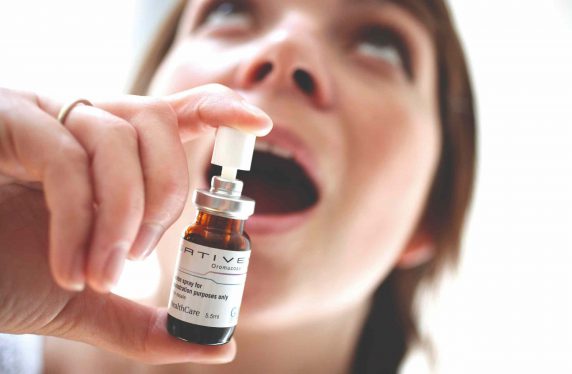The guideline
In November 2018, then home secretary Sajid Javid announced that specialist doctors would be legally allowed to prescribe cannabis-derived medicinal products in certain situations, following several high-profile legal battles.
Nabilone can now be considered for intractable chemotherapy-induced nausea and vomiting and THC:CBD mouth spray can be considered for moderate to severe spasticity in adults with multiple sclerosis. NICE recently issued its first-ever guideline on the use of medical cannabis, highlighting who should prescribe it.
Key points on prescribing for GPs
- Initial prescribing of cannabis-based medicinal products should be done by a specialist.
- GPs may continue the prescription under a shared-care agreement if the patient’s clinical condition is stable.
- A shared-care agreement should cover:
- The responsibilities of all parties, including those of the initial prescriber, the GP and the patient.
- Information about the frequency and type of monitoring.
- How communication will be managed between the initial prescriber, the GP and the patient.
- When prescribing cannabis-based products, take into account the patient’s mental health and medical history, current and past use of cannabis, history of substance misuse and the potential for diversion or misuse of any prescribed products.
- Advise patients to stop any use of non-prescribed cannabis when prescribing.
- Prescribers should record details of treatment, clinical outcomes and any adverse effects.
Practical issues
Cannabis-based medicines are only indicated for a limited number of conditions and their prescription must be initiated by a specialist, so GPs may need to explain this to patients who ask about these products. Patients who are given a prescription must be closely monitored and dialogue between the GP and the specialist must remain open, so communication channels and processes will need to be established to ensure that this can happen.
Expert comment
London GP and Primary Care Cannabis Network founder Dr Leon Barron says: ‘These guidelines change little for GPs. Most patients seeking medical cannabis scripts for conditions that have not responded well to conventional therapies will not be able to access them on the NHS, so we must continue to manage the expectations of this large group of patients.
‘Any shared-care prescribing requests where cannabis products are indicated should be discussed with the area prescribing committee. I advise GPs to read around this subject, considering the wider evidence base, including observational data, not just double-blinded placebo-controlled studies. We should learn from established markets like Canada and the US, where these products are prescribed for a wide range of conditions such as chronic pain and mood disorders.’
The guideline
NICE. NG144 Cannabis-based medicinal products. London, NICE, 2019.
Pulse October survey
Take our July 2025 survey to potentially win £1.000 worth of tokens












